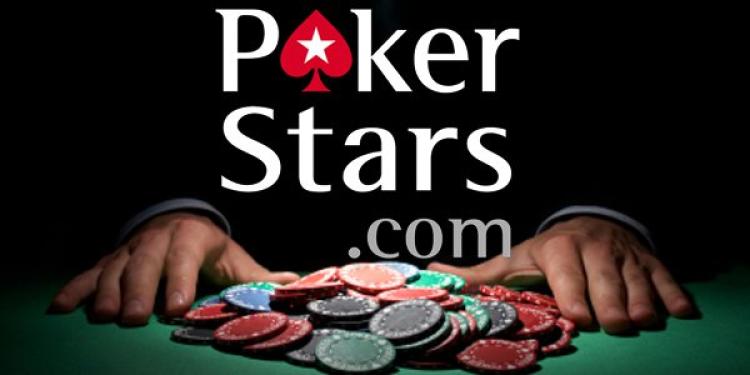How PokerStars Could Change the Face of Online Gambling in New Jersey
Posted: September 6, 2014
Updated: June 4, 2017

Criticized by some and embraced by others, the return of PokerStars could give the New Jersey online market a much-needed boost.
Three years after the huge scandal where US prosecutors accused PokerStars of breaking American gambling laws and forced the company out of the country, the world’s largest online poker room is returning to the US.
After the Amaya Gaming Group agreed to buy PokerStars and its parent company earlier in June, the website is almost ready to launch on the New Jersey market. The deal was completed on August 1 and now the media has announced PokerStars could launch in October.
While New Jersey’s online gambling market didn’t give the expected results, with generated tax revenues turning out to be much lower than predicted, the company’s return could revitalize the market. The US has many professional poker players eager to be able to play the game online, and having access to the world-renowned brand once again is like a dream come true to some of them.
Better software
Profits generated by online gambling sites in the US state of New Jersey:
• July – $10,070,262
• June – $9,505,578
• May – $10,469,933
• April – $11,428,737
There is a very good reason why PokerStars is number one when it comes to online poker. The company has been expanding all across the world and constantly improving its services. For players living in New Jersey, its return means having access to better software, promotions and bonuses, as well as loyalty programs and better customer service.
Gamblers who play online poker in the US often complain about the websites currently available in New Jersey. Most of them lack a few essential features, and those that have everything you need are still full of bugs and glitches. Anyone who’s ever played a game on the internet knows how annoying this can be. Luckily, with a company like PokerStars, all this is about to change.
The worldwide poker operator has years of experience behind. It has constantly added new features and tried to remove bugs to improve the quality of its services, because it cannot afford to lose all those faithful customers. This is why PokerStars has strived to make a website that runs smoothly and is easy to use by both beginners and professionals.
Regular players have already gotten accustomed to the software used by PokerStars, which is almost flawless despite the fact that it’s being used by millions of players worldwide, on a daily basis.
High expectation
Along with better poker software, players are also expecting to have access to new promotions. While 888’s 80% rakeback and Ultimate’s “No-overlay” have had been quite successful, PokerStars has a much wider range of offers, including loyalty programs, regular tournaments and bonuses.
Besides, in order to be successful an online poker room needs to have more players. New Jersey’s websites have failed to create a large customer base that keeps coming back. People often log in during promotions, and then disappear as soon as they’re over.
Through promotions and marketing, PokerStars has always managed to attract new players, which can only be good for both New Jersey’s local budget, and for its gamblers. For now, no one knows what approach the company will use on the American market, but many believe that the brand’s fame and good quality services are enough to boost profits on all sides.
PokerStars’ comeback, an insult?
While poker fans are eager to have access to better services, authorities are hoping that the company’s return will have a positive influence on the local gambling market, which has been stagnating. The figures for August are not in yet, but New Jersey’s online casino profits have been dropping since April.
But not everyone is delighted to see PokerStars back in the US. In fact, the chairman of the Assembly’s Tourism, Gaming and Arts Committee Ralph R. Caputo called it “an insult”. The democrat reminded authorities that co-founder Isai Scheinberg is a “fugitive” with a federal indictment from the Department of Justice and demanded that officials review the company’s past, present and ongoing business deals.
Amaya paid $4.9 billion to buy PokerStars, a deal that removed Scheinberg from the equation, but Caputo still thinks the online poker website is an “unwelcome bad actor” in New Jersey.
“To allow Amaya, which may be a legitimate company, to simply purchase assets and people that are the fruits of a poisonous tree, an enterprise that drew indictments from the Federal Law Enforcement while profiteering handsomely, and let them operate in New Jersey would be an insult everyone who has gone under scrutiny to work or do business in the casino industry over the past 30 years,” he said.
Whether people like it or not, PokerStars is back on the US market, and it will certainly change the face of online gambling in New Jersey. Hopefully, for the better.












